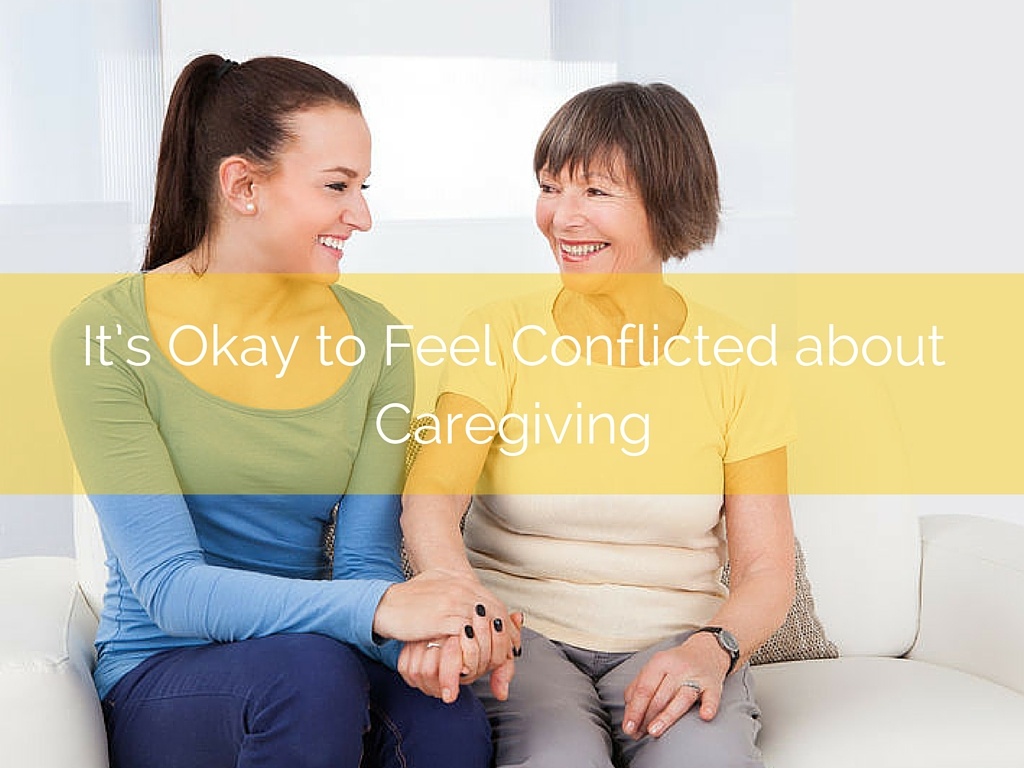
Role playing has been a favorite activity for generations of imaginative kids. Today, however, as a whole generation of Americans lives much longer, their middle-aged children find themselves facing new duties, cast in the role of caregiver where they must, essentially, parent their parents. Adding that new dimension to the familiar role of loving child can cause conflict. Family caregiving has spawned not only a new vocabulary, but a need for revised strategies to deal with a whole range of emotional stress, medical needs and physical considerations—both for seniors and for their caregivers.
Making the Right Decisions
See-saw emotions—ranging from a "grit-your-teeth" determination to deal with a difficult parent "for his own good" to feelings of guilt that you aren't "doing enough" to make life easier for a mom who took such good care of you—take a toll on mental health and physical well-being. Caregivers who already have their own stressful careers and busy family lives face a dual serving of guilt when they find it impossible to balance it all. Resentment alternates with commitment and daily life can deteriorate into the realm of the impossible.
Then the ambivalence sets in.
Psychologists and mental health professionals explain that the ambivalence is okay. It's not easy to maintain an upbeat attitude in the face of too much to do and too little time. It's also not easy to try to balance a parent's needs against your own children's needs, and family and business responsibilities. Trying to smother your own feelings only contributes to the angst and the anger. Anyone of any age who has faced the prospect of offering extended care and support for someone else can empathize. It's not limited to that generation of adult children caught in the middle, the "Sandwich Generation," but the squeeze is often most evident there.
Luckily, there are resources available today for adult caregivers.
Finding Support
AARP is just one of many organizations that offers advice and community support to adult children who are caring for an elderly parent. In addition to regular blog and news posts, the organization maintains an online community board—an interactive site where caregivers can come together to support each other, ask questions and get answers, trade jokes and offer suggestions for dealing with the demands of being a caregiver. No topics are off limits. Visitors to the site can expect to find advice for dealing with "stubborn in-laws," early onset dementia or a mom who insists on "feeding the dog people food." It's worth a visit when you’re feeling stressed and overwhelmed.
While it's hard to deny the need for support, it can often be hard for a busy caregiver to find the time. AARP also maintains an online catalog of helpful quick-read articles. Bookmark the site on your tablet or phone; practice deep breathing and indulge in a little "self-help" exercise while you sit with a dozing parent, or are in the waiting room at a doctor's office.
In addition to finding the support of peers, one of the best ways to deal with stress, according to health gurus, is to laugh it off. Literally. A little humor goes a long way to mitigate despair. When you are caught in the throes of a caregiving dilemma, take a break: Go to a comedy show, watch a mindless sitcom, play silly games with your child. Let your inner child resurface. You'll feel better about your life, and you might even find yourself facing your eldercare duties with a smile rather than a frown.
Taking Care of Number One
Reject stereotypes, nurture healthy relationships, set boundaries and seek help. Too-often neglected by overwrought caregivers, these and other important directives are among the keys to maintaining personal equilibrium when you most need it. The University of Michigan Depression Center discusses these and other important concepts that relate to eldercare at DepressionToolkit.org.
You can’t afford to neglect your own health and wellbeing.












